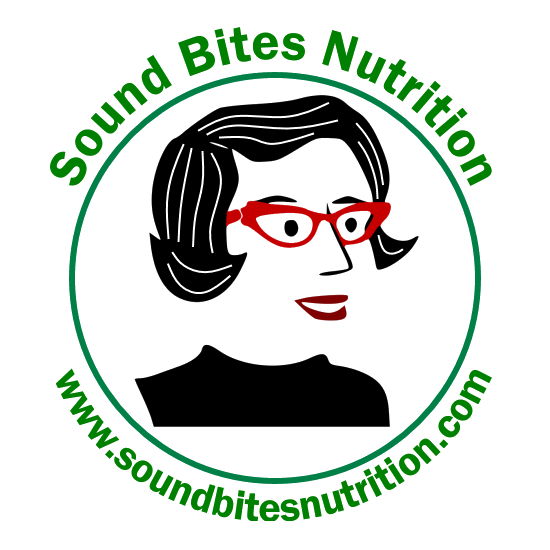Cholesterol 101
Confused about cholesterol? First off, you should know that dietary cholesterol is ONLY found in animal foods. Cholesterol is made in the liver, meaning cows, chickens, pigs, etc. While those chips you're chowing on are "cholesterol free", that just means they were fried in something other than animal fat. The chips, unfortunately, can raise your blood cholesterol. Keep reading!What is cholesterol? Cholesterol is found in 2 forms- dietary cholesterol (from animal foods, egg yolk) and cholesterol in our blood. Blood cholesterol is a fatty/waxy substance made by the liver that is needed for hormone production, vitamin D and production of compounds needed for fat digestion. Too much cholesterol in your blood is one risk factor for heart disease.What’s the difference between ‘good’ and ‘bad’ cholesterol? HDL (high density lipoproteins) are made up of fat and protein molecules and are considered “good cholesterol”. HDL transports cholesterol from parts of your body back to your liver for disposal. LDL (low density lipoproteins) are made up of mostly fat, and some protein. This type of cholesterol contributes to the development of plaque in the arteries. I tell people to remember that H is for healthy (HDL) and L for lousy (LDL) cholesterol. What is saturated fat and what should we be eating instead? Saturated fat is solid at room temperature and comes primarily from animal foods including beef, pork, poultry, egg yolks, full fat dairy products (butter, ice cream, cheese, sour cream). Hot dogs, sausage, brats & metts are also high in saturated fat. Coconut and palm oil are also primarily saturated fat, though these come from plants. To reduce saturated fat in your diet, switch to leaner cuts of meat (sirloin, flank steak, tenderloin), choose low fat or fat free dairy products (like 2% milk cheese, skim or 1% milk, low fat or fat-free yogurt) and eat poultry without the skin. Use whipped butter in place of stick butter or use canola, olive or vegetable oil to cook with. Reducing animal foods in general is also beneficial to overall health. Choose more fish, beans, lentils or soy products. Use natural peanut butter (just nuts & salt) as commercial peanut butter contains palm oil. Cut back on cookies, cake, doughnuts and chocolate as well as fried snacks and fried food.How much saturated fat should we be eating? The new 2015 US Dietary Guidelines advise Americans to eat 10% or less of total calories from saturated fat. So for a 2000 calorie diet, only 200 calories should come from this type of fat. There are 9 calories/grams, which means consuming roughly 20 grams of saturated fat or less. For individuals whom already have heart disease or have elevated cholesterol levels, the recommendation is 7% or less of calories from saturated fat, meaning ~15 grams per day. The recommendation to limit cholesterol intake was dropped this year because research shows that it’s not dietary cholesterol that increases blood cholesterol, FAT is the culprit.Are there specific foods for reducing blood cholesterol levels? Yes! Consuming foods high in soluble fiber such as brown rice, fresh fruit, oats, oat bran, beans and barley helps bind cholesterol and lower blood cholesterol levels. Including nuts such as almonds and walnuts are also beneficial to lowering cholesterol as well as flaxseed, canola and olive oil. Fatty fish (such as salmon, mackerel and tuna) may also reduce risk for heart disease due to high omega-3 fatty acid content.Other than diet, how can reduce cholesterol levels? Regular aerobic exercise helps lower total cholesterol and LDL and increase HDL levels. Some individuals may need cholesterol-lowering-info.com to reduce cholesterol levels- especially if they have a strong family history of heart disease. If your father, mother, sister, brother, aunt, uncle, cousin died of a heart attack or stroke under the age of 50- get your levels checked and under control sooner than later.Any other tips for managing cholesterol? Eat less fried foods and processed meats. Bake, grill or broil meat instead of frying. Choose frozen yogurt in place of ice cream for dessert. Choose lower fat dairy products VS full fat milk, cheese, yogurt sour cream and ice cream. Cut back on chips, cookies and other high fat/high sugar snacks. Sugar can increase triglycerides and cholesterol levels by making arteries sticky. Drop the soda! Eat more vegetarian meals including beans, lentils and whole grains. It may save your life!

